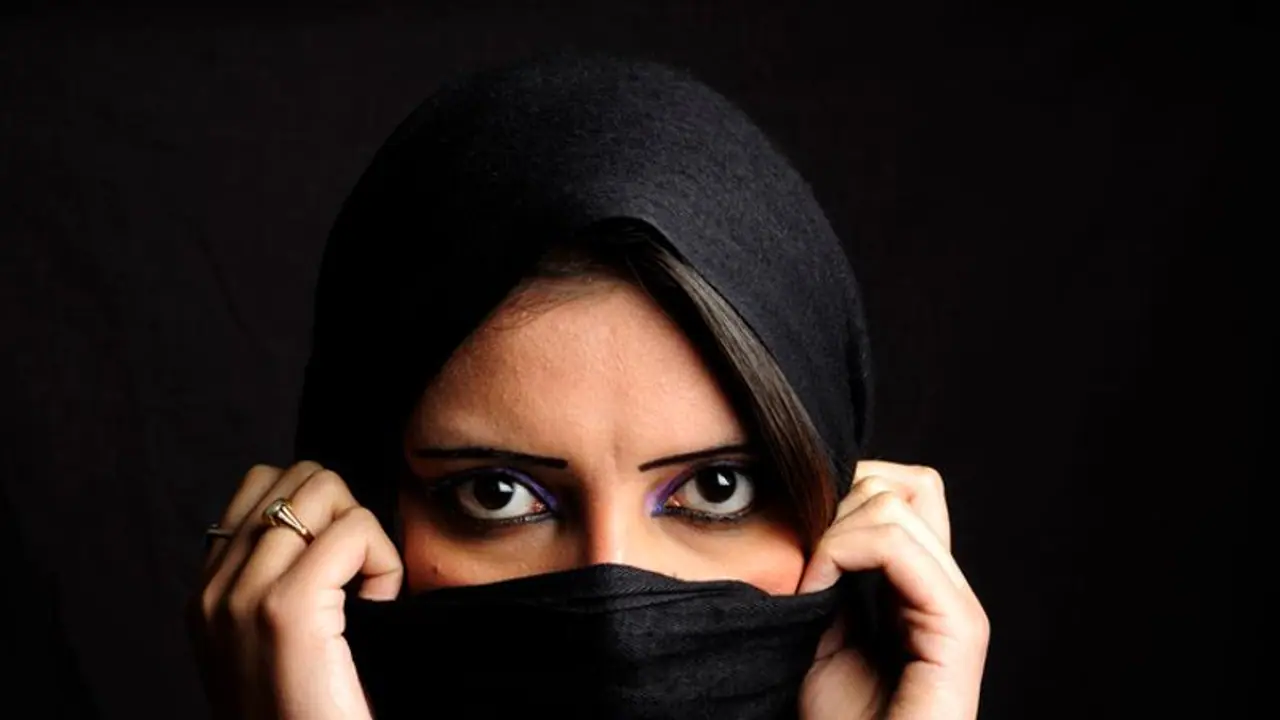If we compare India with subcontinent countries like Pakistan, Bangladesh, and Malaysia, India is in a much better position in emancipating social and cultural rights among minorities, says A Sakthivel
The lawyers of pro-hijab petitioners have been making their points before the Karnataka High Court on the basis of illogical jurisprudence. Their arguments are not up to the mark which could justify wearing hijab or 'niqab' in schools and colleges.

The lawyers' arguments of comparing bangles, bindi, lockets with hijab are not digestible in the legal concept as the former are worn by both Hindus and Muslims. The bangles, bindi, and lockets have not ever been talked of as symbols of religious practice as their degree of demonstration is very minor or unnoticeable compared to hijab or burqa.
And then another point of discussion is Article 25 and as per Article 25 of the Constitution, obviously, it gives freedom of conscience and the right freely to profess, practice, and propagate religion, but this right is not absolute and it is subject to the public order.
As the right provided in Article 25 is subject to public order, the schools and colleges are public places and the managers of these institutions can be authority whose duty is to maintain public order.
As per Article 28 (1) is concerned, no religious instruction shall be provided in any educational institution wholly maintained out of State funds. Article 28(1) clearly states that no religious instruction shall be given either by educational institutions or parents of the students in any educational institution which fully funded by the State.
The question that arises here is on what authority parents of students instructing their children to attend school or college wearing hijab which is purely a religious symbol. Is it not the act of violation of Article 28?
Protection of interests of minorities positively implemented in India
Our Constitution guarantees minorities' rights and interests through Articles 26, 29, and 30, and the Government of India as well as the state governments have been following and protecting it since the enactment of our Constitution.
The Indian Government or state governments never ever discriminated against any minority on basis of their religion, language, or culture. Minorities have been enjoying the all benefits as their fellow citizens do.
Article 29(2) of the Constitution seeks to ensure all the citizens attend educational institutions fully funded by the State without getting discriminated against on the grounds of religion, race, caste, language, or any of them. The educational policies of Central and State governments also ensure the same and not a single person has been discriminated on the basis of the above said.
The right of minorities to establish and administer educational institutions has been enjoyed by minorities of India.
Article 30 of the Constitution gives the right to minorities to establish and administer educational institutions suitable to their language and cultural belief.
The Aligarh Muslim University, Jamia Millia Islamia, madrassas, and Christian missionary schools and colleges are living proof of the protection of language, culture, and belief of minorities in the country.
Freedom to Manage Religious Affairs
As far as religious affairs are concerned, our Constitution has categorically embodied the rights to manage religious affairs through Article 26. Under Article 26, every religious denomination or any section thereof shall have the right
(a) to establish and maintain institutions for religious and charitable purposes;
(b) to manage its own affairs in matters of religion;
(c) to own and acquire movable and immovable property; and
(d) to administer such property in accordance with law
However, these rights are also not absolute as it subject to public order, morality, and health.
India is far better at protecting the educational, cultural, and religious rights of minorities.
If we compare India with subcontinent countries like Pakistan, Bangladesh, and Malaysia, India is in a much better position in emancipating social and cultural rights among minorities.
India is the only country that has a separate Minority Ministry, National Commission for Minority Affairs, and as well separate ministries and commissions in states whose major tasks are to spread welfare among minorities and to safeguard their rights guaranteed in the Constitution of India.
The central and state governments run several scholarship schemes, fees concession programmes to encourage minority children to attend schools and colleges.
Many skill development programmes for minority youths especially for Muslim youths also formulated and implemented through central govt agencies.
The author is a legal aspirant and political analyst
Also Read: We cannot tolerate anymore, don't pressurize us to quit education, say Muslim students
Also Read: Why is govt picking on hijab alone, ask petitioners
Also read: 'Flashback' time for Pakistan on hijab? This Jinnah photo with Muslim girls says so
